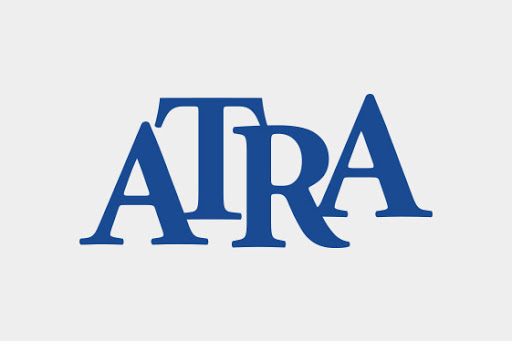
Good Samaritan Provision for Healthcare Workers Supported by ATRA
ATRA supports inclusion of Good Samaritan provision in the coronavirus stimulus relief package.
Early this morning, the White House and Senate reached a deal on a coronavirus stimulus relief package.
Senator McConnell’s earlier version of the package, the Coronavirus Aid, Relief, and Economic Security Act (CARES Act), included a “Good Samaritan” provision to protect volunteer healthcare professionals from civil liability while simultaneously providing patient protection in cases of gross negligence or criminal misconduct.
Such a federal provision allows healthcare professionals to travel where they are most needed to combat the deadly coronavirus without fear of liability based on a patchwork of interstate licensing requirements.
ATRA urges the Senate to include a similar Good Samaritan provision in its final coronavirus stimulus relief package to allow for swift response and caretaking by the nation’s healthcare professionals. Medical professionals should be empowered to focus on the important work at hand and not have to jump through legal hoops so they can provide care that is desperately needed.
Latest News
View all news
‘Highly Unusual’ Rehearing of Louisiana Case Raises Judicial Independence Concerns
Louisiana Supreme Court Waffles Under Political Pressure, ATRA Brief Urges Court to Stand Strong
America’s Top 9 Worst Judicial Hellholes®
Left unchecked, these jurisdictions will continue dragging down economic growth and undermining justice through rampant lawsuit abuse.
ATRA Commends J&J’s Plan to Resolve Notorious Talc Lawsuits
Claimants Given Opportunity to Vote on Plan; Judge to Reconsider Scientific Validity of Plaintiffs’ Experts
The Lab Whose Junk Science Is Fueling a Frenzy of Litigation
Legitimate consumer protection demands sound science and impartial analysis — not distorted data designed to manufacture lawsuits.
Lawsuit Advertising Frenzy Fuels Georgia’s Litigation Epidemic
Law Firms Spent $168M+ on 2.2M Ads in Georgia
Trial Lawyers’ Dual Grip on Pennsylvania Politics and Public Opinion Revealed in New ATRA Reports
ATRA’s Latest Studies Reveal Financial Influence and Lack of Transparency in Pennsylvania’s Campaign Finance Systems



